
By Kevin Still
Further to the recent government recommendations on improving outcomes to consumers by water providers, the Vulnerability Registration Service (VRS) supports the CCW and government recommendation around a national water tariff and support for those showing characteristics of vulnerability.
The “Cunliffe water social tariff” refers to the national social tariff for water bills proposed in the 2025 report by Sir Jon Cunliffe to reform the UK water industry, which aims to ensure more consistent and adequate support for vulnerable customers by creating one national tariff to replace the varying company-specific schemes, which are a postcode lottery. While this national tariff is a future proposal, many water companies currently offer their own social tariffs or financial assistance schemes to eligible customers with low household incomes. These vary dramatically from one provider to another.
The roadmap to rebuild trust in water sector unveiled in major new report in July 2025.
We fully support objectives:
- To ensure a more consistent and fairer level of support for all vulnerable and low-income households across the country.
- To improve consumer protection by establishing a clearer, national framework for assistance.
The VRS is consumer centric and designed to identify someone’s support needs, which are particularly relevant during a crisis or service outage. Energy outages often cause water service problems. Recent research from Independent Age has highlighted many elderly people cutting back on water usage. It is probable that the same people will be making cuts on energy usage and other essential expenditure. VRS has sub-flags for low financial resilience and a number of other relevant vulnerabilities, which will also align with the Priority Services Register (PSR) where this may be age and capability related, which often involves carers and support providers. VRS has partners with National Support Network (NSN), IE Hub (affordability assessments) and StepChange to provide a range of linked support services as part of its new consumer hub. All work closely with major water providers delivering services directly to consumers in a range of circumstances.
During the first half of 2025 the Independent Age polling found that 46% of older people on a low income reduced the amount of times they flush the toilet to reduce their water bill. 41% reduced how often they use the washing machine and 31% reduced how often they shower. Independent Age is also calling for a national social tariff for water which would mean people of all ages living on a low income would qualify for consistent financial support to lower their water bills. In 2024 the charity’s own research revealed that without intervention, the number of older people living in water poverty could rise from 750,000 to almost a million by 2029/30.
73% of older people in England and 72% in Wales, across all income levels, support the introduction of a single, standardized social tariff for water bills in England & Wales. It is probable that this is likely to be similar for families on low income with young children, notably those eligible for the PSR.
“There are 1.9m older people living in poverty in the UK. Many of them struggle with high household costs, preventing them from living in dignity and comfort in their later life. Older people are often hidden from discussions about experiences of financial hardship and about the solutions to poverty.”
The CCW advice hub is packed with information and useful tools to help consumers reduce their bills or access financial support, including advice on the different types of schemes that water companies provide.
https://www.ccw.org.uk/save-money-and-water/help-with-bills/
Helen Lord, CEO of VRS, recently published a Blog around improving data sharing amongst essential service providers.
“Ofwat states that 52% of households are likely to be eligible for extra support owing to circumstances that make them vulnerable.”





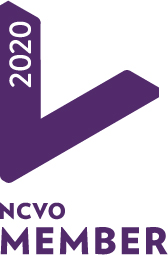
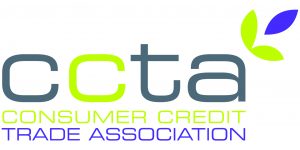
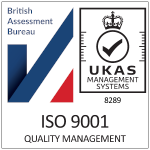

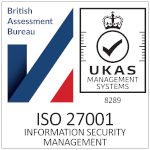
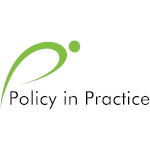
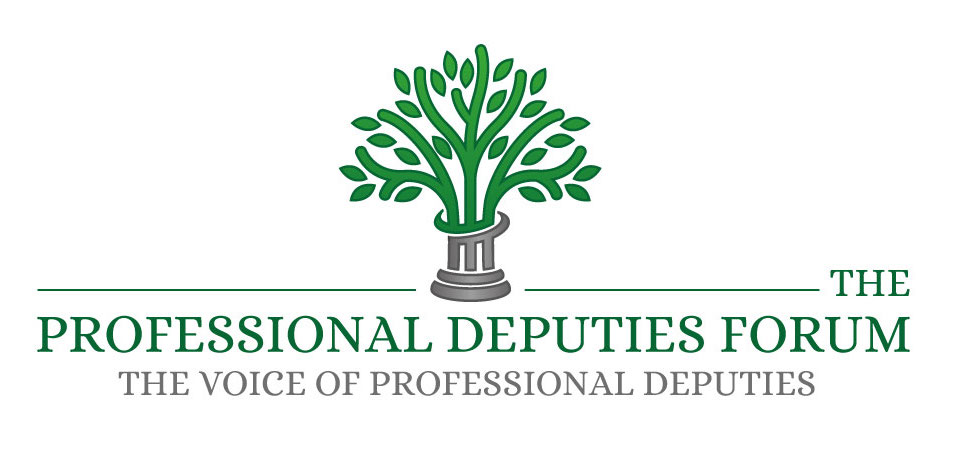

Post a comment